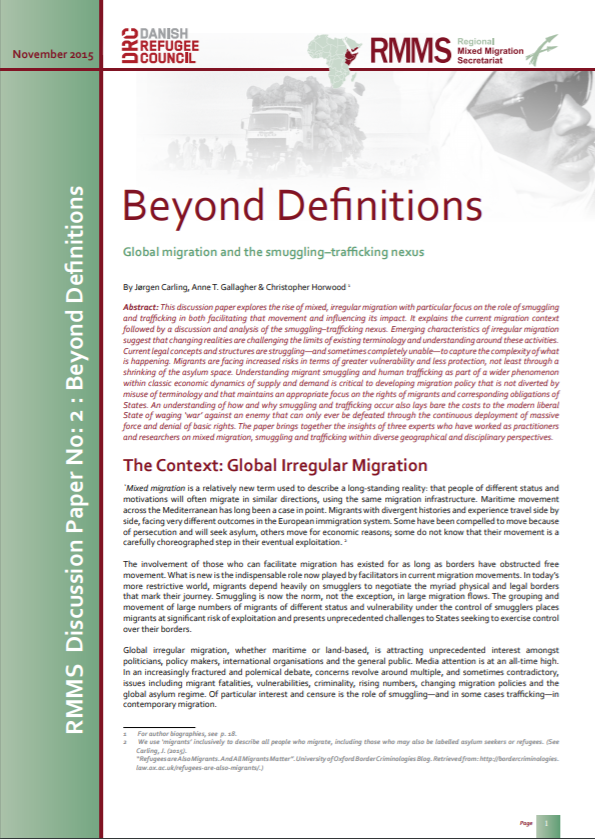COVID-19: Immense Necessity and Challenges in Meeting the Needs of Minorities, Especially Asylum Seekers and Undocumented Migrants

At the best of times, there are immense challenges in meeting the public health and healthcare and social care needs of migrant, ethnic, racial and other minority groups in modern societies globally. Over 50 years, scholars, researchers and practitioners have developed principles and exemplars of how to provide culturally competent and effective services for diverse societies. In the midst of the COVID-19 pandemic, we are in the worst of times, and new thinking is required. We are already seeing the desperate plight of migrants, particularly those in camps and detention centres awaiting their asylum claims to be examined. Millions of people are on the march in countries such as India in scenes not seen since the partition of the country in 1947, when millions died.
There is, however, a group of migrants, i.e., those labelled undocumented or irregular, or in a derogatory and inaccurate way illegal, at even greater need than other populations. The numbers and whereabouts of undocumented migrants are unknown, at least to the statutory sector, for self-evident reasons. The immigration authorities and the public usually judge the numbers to be substantial, for example, with estimates in the hundreds of thousands in the UK. They have no legal rights to residence in the country they are in. They live in the shadows of society, fearful of authority, and with little access to services, which are mostly provided by the voluntary sector. Nonetheless, they contribute to the functioning of society usually through low-paid work in difficult settings. There are probably tens of millions of such people across the world. They are in danger of becoming the scapegoats, when they are going to be the foremost victims of the pandemic.
Country
Worldwide
Region
Worldwide
Year
2020
Category








